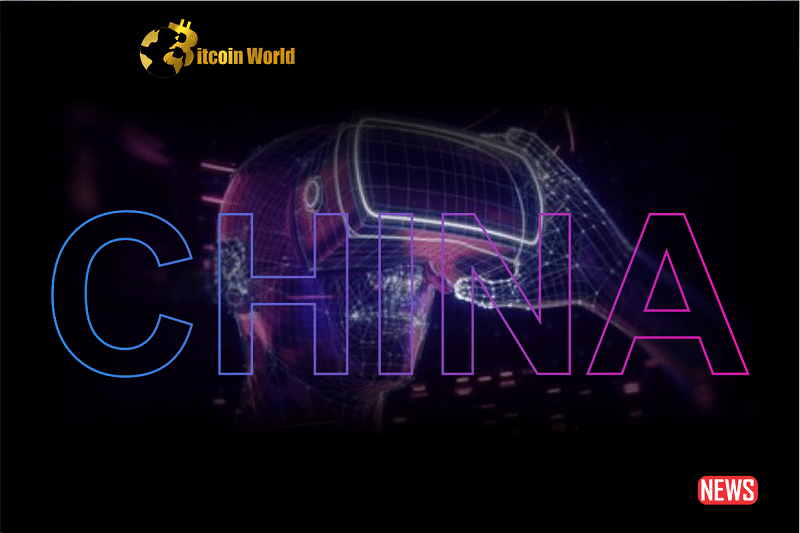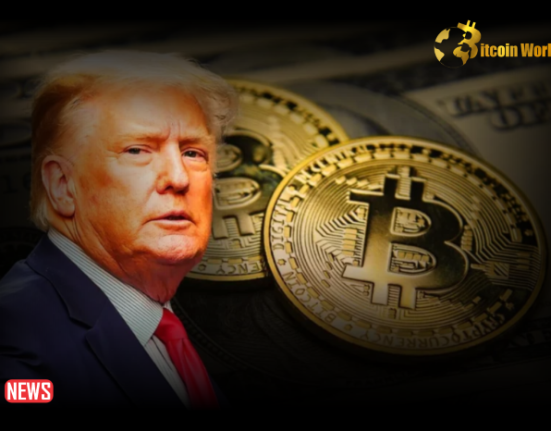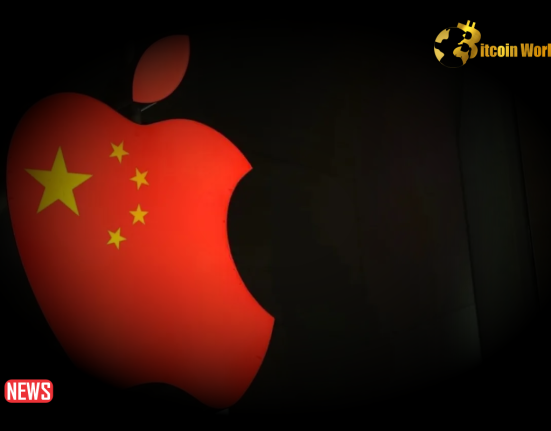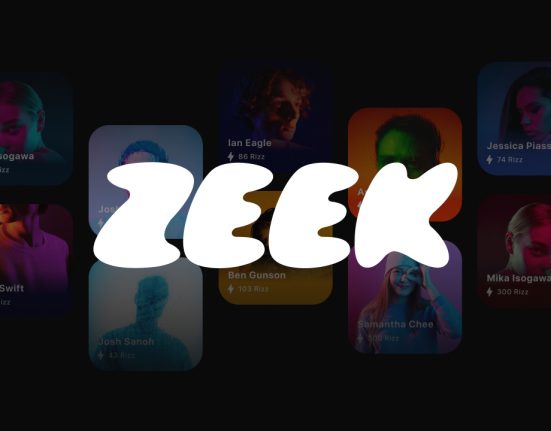Reports emerging on August 20 reveal that China is contemplating the implementation of a system reminiscent of its existing social credit system within the realm of the metaverse and other online virtual domains. A proposal by state-owned telecommunications giant China Mobile outlines the concept of a digital identification (ID) for users of the metaverse and virtual world platforms, highlighting both “natural characteristics” and “social characteristics.”
The stated objective of this initiative is to maintain order and security in the virtual world. To achieve this, the proposed digital ID would encompass a vast array of personal data and identifying features, including an individual’s occupation, with suggestions to permanently store and share such information with authorities.
A compelling example of the potential benefits of this system was put forth, envisioning a scenario where a troublesome user causing chaos within the metaverse could be swiftly identified and penalized by law enforcement using the digital ID.
This proposal bears a striking resemblance to China’s existing social credit system, a developing infrastructure designed to encourage positive behavior by assigning scores and rankings to citizens based on various metrics. Furthermore, it serves as an enforcement mechanism. In 2018, authorities reportedly blocked individuals with social credit deficits from purchasing plane tickets approximately 17.5 million times, while others were barred from acquiring train tickets about 5.5 million times.
On July 5, China Mobile presented these proposals during discussions within a focus group dedicated to the Metaverse, organized by the International Telecommunication Union (ITU), a communications technology agency under the United Nations. The focus group is set to reconvene in October, potentially leading to the voting on these proposals. Should they gain approval, they could wield significant influence over telecommunication companies and tech firms, given that the ITU’s metaverse group aims to establish new standards for metaverse services.
Interestingly, sources suggest that Chinese companies participating in this focus group are generating a notably higher volume of metaverse-related proposals compared to their counterparts from the United States and Europe. According to one contributor from the group who spoke with POLITICO, China seems to be strategically positioning itself for the long term, aspiring to establish its proposals as the industry standard should the use of the metaverse become widespread.
This raises a thought-provoking question: How would a metaverse where identity protocols are controlled and monitored by Chinese authorities align with the ideals of immersive virtual worlds that governments and citizens envision?














